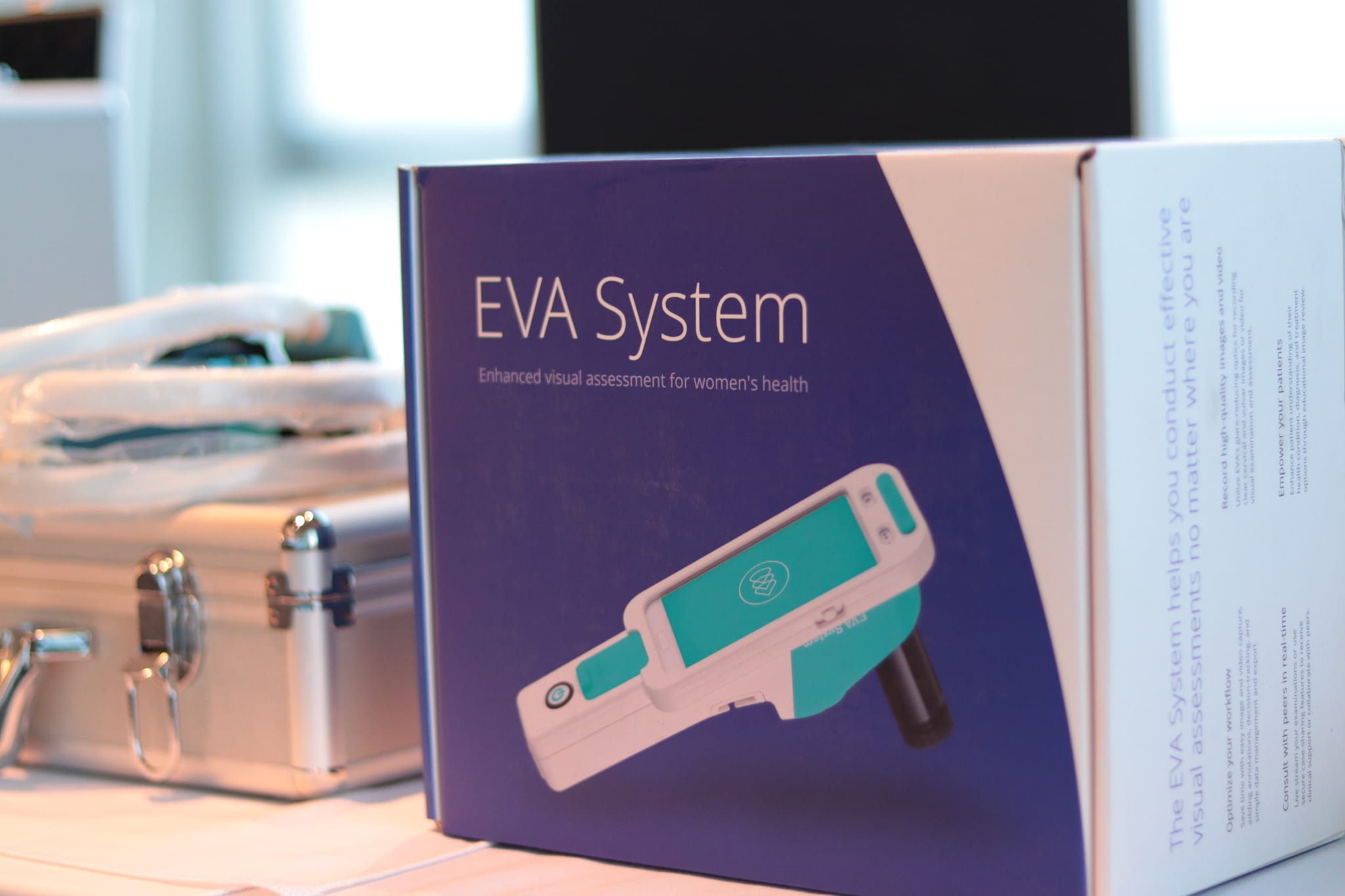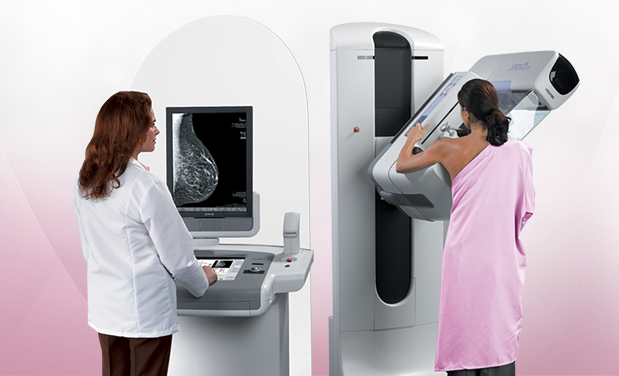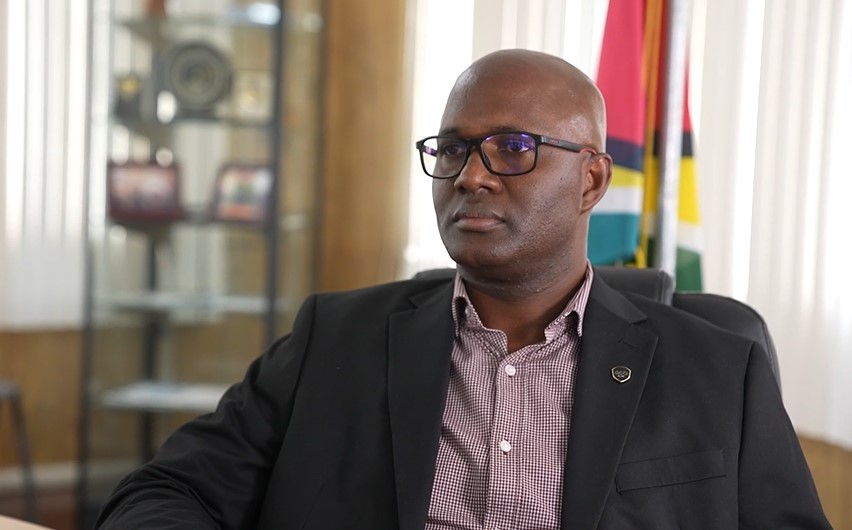By Kurt Campbell
kurt@newsroom.gy
In a significant development for public health, Subject Minister Dr. Frank Anthony announced on Saturday that mammogram services will soon be available in regions across Guyana and outside of Georgetown for the first time.
Aimed at expanding access to early cancer detection, mammogram machines will be deployed in New Amsterdam (Region 6), Linden (Region 10), Lethem (Region 9), and Suddie (Region 2) in the coming weeks.
The announcement was made during the Guyana Cancer Society’s annual fundraiser dinner held at Project Dawn, Liliendaal, where Dr. Anthony addressed attendees about the government’s ongoing efforts to improve cancer screening and prevention services.
He thanked organizations like the Guyana Cancer Society for their support, highlighting the importance of collaboration in tackling the growing cancer burden.

For years, mammograms were available only at the Georgetown Public Hospital Corporation (GPHC), with many patients also required to travel to private health facilities in the capital.
However, recognizing the need for broader access, the government has secured four new mammogram machines—donated to Guyana and currently en route to the country.
Once they arrive, they will be stationed in the four regions to ensure that more people can access mammograms closer to where they live.
“This expansion will allow more people across the country to get the vital screening they need without the long travel times or delays,” Dr. Anthony said, stressing that timely detection could save lives.
The minister also highlighted advancements in biopsy testing at GPHC, where a new pathology lab has drastically reduced the waiting time for results.
“Previously, it could take up to three months to get biopsy results, but now, with the new lab, people can receive results in just three days,” he noted.
Beyond breast cancer, Dr. Anthony outlined the government’s expanded focus on other cancers, such as cervical and colon cancer. He spoke of ongoing efforts to establish comprehensive screening programs and the importance of prevention.

Cervical cancer, the second most common cancer among women in Guyana after breast cancer, is preventable through vaccination.
However, Dr. Anthony acknowledged that misinformation had been a barrier to uptake. The HPV vaccine, which prevents the human papillomavirus that causes cervical cancer, had long been available to girls and boys between the ages of 9 to 15.
“We need people to take the vaccine, but there is resistance due to misinformation,” he said.
To address this, the government is expanding the vaccine program to include individuals up to 45 years old. Alongside the vaccination push, the government is offering vouchers for screening at private healthcare facilities to further encourage early detection.
In addition to cervical and breast cancer, Dr. Anthony highlighted the need for colon and rectal cancer screening. Rectal cancer is the fourth most prevalent cancer in Guyana, and the government is in the process of rolling out screening tests.

To help with this, the government is working with Northwell, a healthcare provider, to introduce screening using prostate-specific antigen (PSA) tests, which could also help with early detection of prostate cancer—a significant challenge in the country.
“We are making progress in terms of screening and treatment for all of these cancers—some we can prevent, others we can cure,” Dr. Anthony said.
He added that the government is also now treating patients who test positive for hepatitis C, which can prevent liver cancer in the long term.
Before the medication was too costly and while people were being diagnosed locally, they were not treated.
Dr. Anthony concluded his address by emphasizing the importance of continued collaboration and investment in public health to tackle cancer in all its forms.
“While we make these services available, we also need the public to take advantage of them,” he said.
“We are committed to improving healthcare services, but we also need people to participate in their own health by getting vaccinated and screened.”
With these initiatives, the government aims to make significant strides in cancer prevention and treatment, improving the health outcomes for countless Guyanese.













